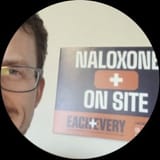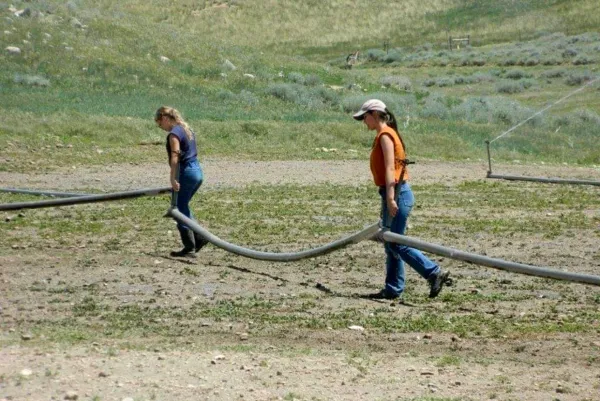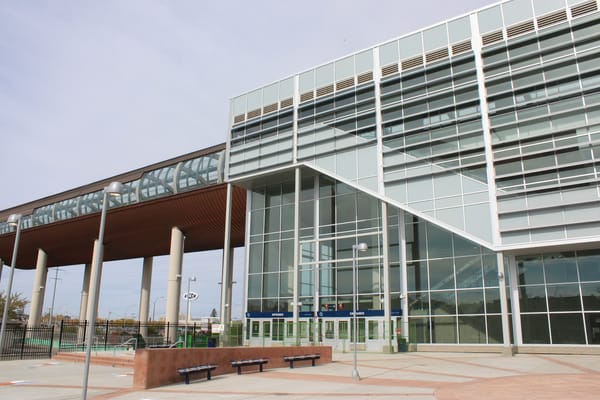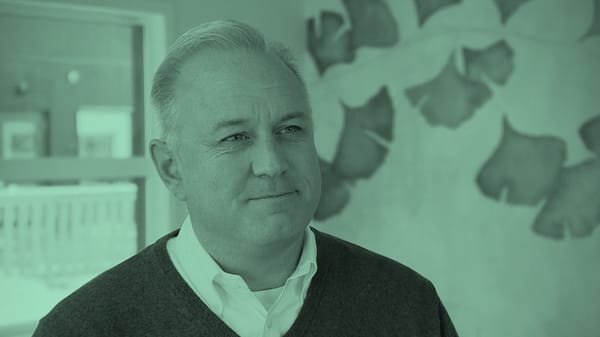Recovery Capitalists 2: Spreading public wealth

Over a year after inking the deal, the Alberta Ministry of Mental Health and Addiction has yet to disclose the recipient of its largest contract.
The recipient appears to be ROSC Solutions Group, whose owner and top staff are connected to the Premier's chief of staff and were early organizers of Recovery Capital Conference.
At the April 2022 Recovery Capital Conference in Calgary, then-Alberta Premier Jason Kenney made a big announcement: the province would transform sections of provincial prisons into "therapeutic treatment units." Also known as Therapeutic Living Units (TLUs), these would provide 'addiction treatment' for inmates.
Certain elements of this, such as unregulated, faith-based counselling services and the potential for inmates to be coerced onto medications (including subcutaneously injected buprenorphine), leave questions about the government's motivations.
According to documents obtained by Drug Data Decoded, TLUs were woven into the largest single private contract announcement to date by the Ministry of Mental Health & Addiction, for a 'recovery community' to be built in Gunn, Alberta on the former site of a publicly-run long-term treatment centre for homeless men, closed in 2021.
Recovery communities are size-standardized residential rehab facilities in which everyone from the cooks to the groundskeepers are purportedly invested in securing the patients' abstinence. Funding has so far been announced to private operators for facilities in Red Deer and Lethbridge, with a third yet to be announced in Gunn. The winners of the first two contracts are Edgewood Health Network (Red Deer) and Fresh Start Recovery (Lethbridge). The government allocated $13.5 million per year to operate the three sites, which averages $22.5 million per site over five years.
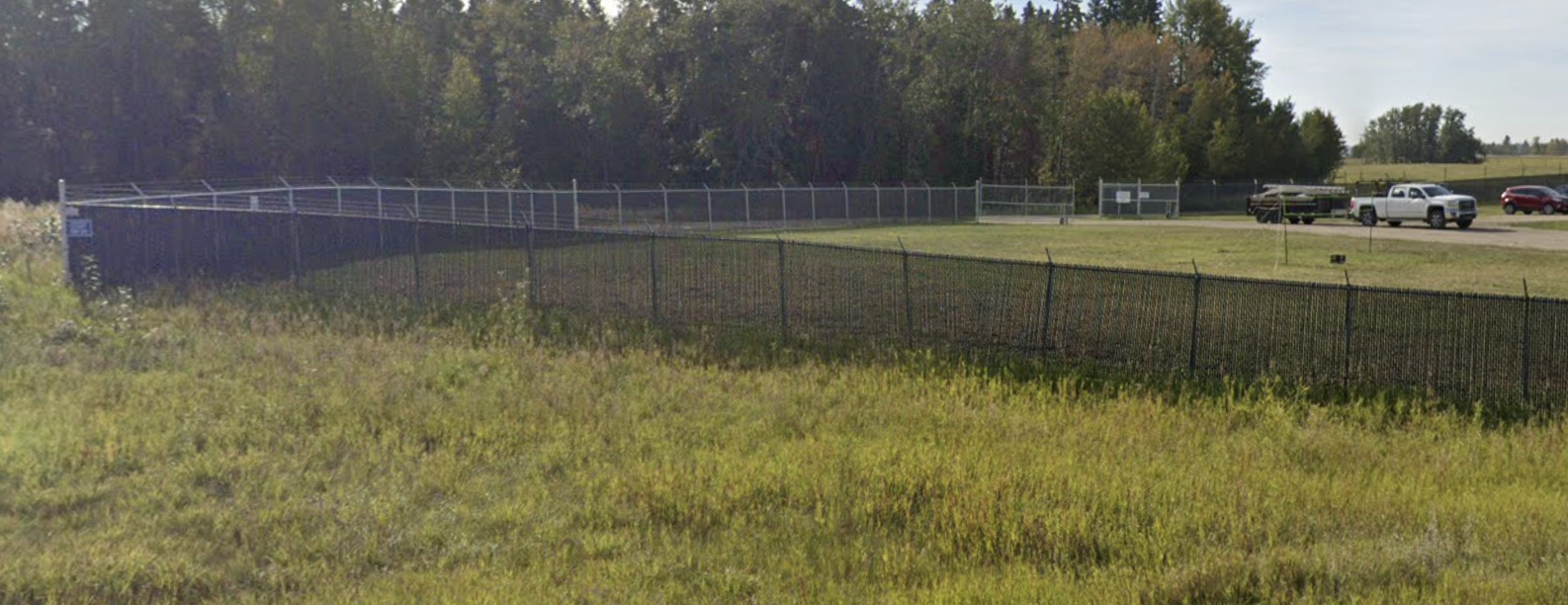
While this funding covers operational expenses such that Alberta residents do not pay out of pocket for treatment, government correspondence with service providers shows that operators may seek additional revenue from out-of-province residents:

As of yet unannounced by the Alberta government, evidence clearly points to ROSC Solutions Group (RSG) holding the contract for the Gunn facility. This evidence includes several job postings by RSG based in Gunn and a dead link from the RSG website describing the Recovery Training Institute of Alberta (RTIA), previously flagged in Meet the physicians stonewalling safe supply. The RSG website now designates Robert Pearson as "Executive Director (RTIA)."
It is unclear why RSG or the Alberta government have yet to announce this deal. Internal communications from the Ministry of Mental Health & Addiction show that staff were asked to "build and launch the program quickly." Further correspondence indicates the call for proposals was made on a "tight timeline," without news release, to a "fairly targeted" group of potential service providers.
The deal was scheduled to be formalized without announcement by Alberta Health Services on December 20, 2022 after a one-month application window that lacked an open call for proposals.
A therapeutic training institute
Although the formal deal announcement was kept quiet, in March 2023 the Alberta government revealed the intent of the facility in its Health Workforce Strategy. The Gunn Recovery Community will serve as a "centralized, province-wide hub of highly trained personnel who deliver a training program for all health care workers involved in Alberta’s Recovery Communities."
But, according to the call for proposals circulated by the Alberta government to a selection of addiction treatment providers around October 29 2022, in addition to "operating the Gunn Recovery Community as both a recovery community and a front-line training site," the Gunn facility will also develop and deliver "youth programming" and "deliver care in Therapeutic Living Units sites."
The grant initially specified a total of $10.5 million for the successful candidate to run the recovery community, and that the Alberta government would retain ownership of the recovery community sites. An unspecified amount to be decided "later in 2022" was indicated for the operation of TLUs in prisons across the province.
The 2023-24 Ministry of Mental Health and Addiction Business Plan designates $12.5 million to "establish TLUs and transitional support" in Alberta prisons and another $9.5 million for "workforce development and capacity building in Recovery Communities, Therapeutic Living Units and Transitional Services."
The recent budget does little to clarify if these funds are united within the Gunn allocation, but internal government correspondence from October 2022 suggests they are. This means ROSC Solutions Group, a private company registered in Alberta with Carson McPherson and Paul Sobey listed as directors, is receiving $22 million for the Recovery Training Institute and the implementation and operation of TLUs in Alberta, with extensions likely valued at an additional $9 million. (Note: an earlier version indicated McPherson was the 'sole owner' of ROSC Solutions Group rather than one of two listed directors.)
In summary, three therapeutic community contracts totalling over $70 million have been announced in Alberta. Two have gone to Recovery Capital Conference top sponsors and organizers. As discussed in Part 1, additional sole-source contracts totalling nearly $2 million have gone to conference organizers at Last Door Recovery and provide a separate revenue stream in data privatization.
Recovery-Oriented Systems of Care Solutions Group Inc. (RSG)
RSG owner Carson McPherson is an associate of Marshall Smith, Premier Danielle Smith's chief of staff. In 2020, McPherson ominously declared: “The rest of Canada should be watching, as Alberta’s new, improved, and fully funded system unfolds.” At the time, he was CEO of Cedars Cobble Hill, an abstinence-based treatment facility near Victoria, BC. Cedars had previously employed Marshall Smith as its Director of Corporate Development and Community Relations, fresh off his controversial stint at Baldy Hughes in Prince George. McPherson and Marshall Smith also worked together at the BC Centre on Substance Use (BCCSU).
Drug Data Decoded has previously covered one high-ranking employee of RSG, Dr. Paul Farnan, after he signed onto an open letter with 16 other physicians condemning federal safe supply programs. As the 3-part series detailed, Dr. Farnan and most other signatories have considerable private holdings in addiction treatment. (A revealing story this week from London, Ontario details how a private addiction treatment clinic is blaming regulated opioid prescribing for its closure after profitability fell.)
At the 2023 Recovery Capital Conference, Farnan and McPherson co-presented on "Recovery-Oriented Workplaces." Farnan has long held private interests in return-to-work (urine monitoring) programming that corporations leverage to dictate the workplace readiness of their employees.

Having identified that RSG was the likely recipient of the Recovery Training Institute funding, Drug Data Decoded submitted a freedom of information request to the Alberta government to learn more about the contracting process.
The initial request, submitted on November 9 2023, asked for "All correspondence held by the Ministry of Mental Health and Addiction, including but not limited to internal and external emails and messages in applications such as Slack and Microsoft Teams related to the Recovery Training Institute of Alberta or RTIA between January 1, 2019 and November 8, 2023."
The Ministry eventually replied that the request would yield 6,300 pages of documents and cost $7,565.18 to fulfill.
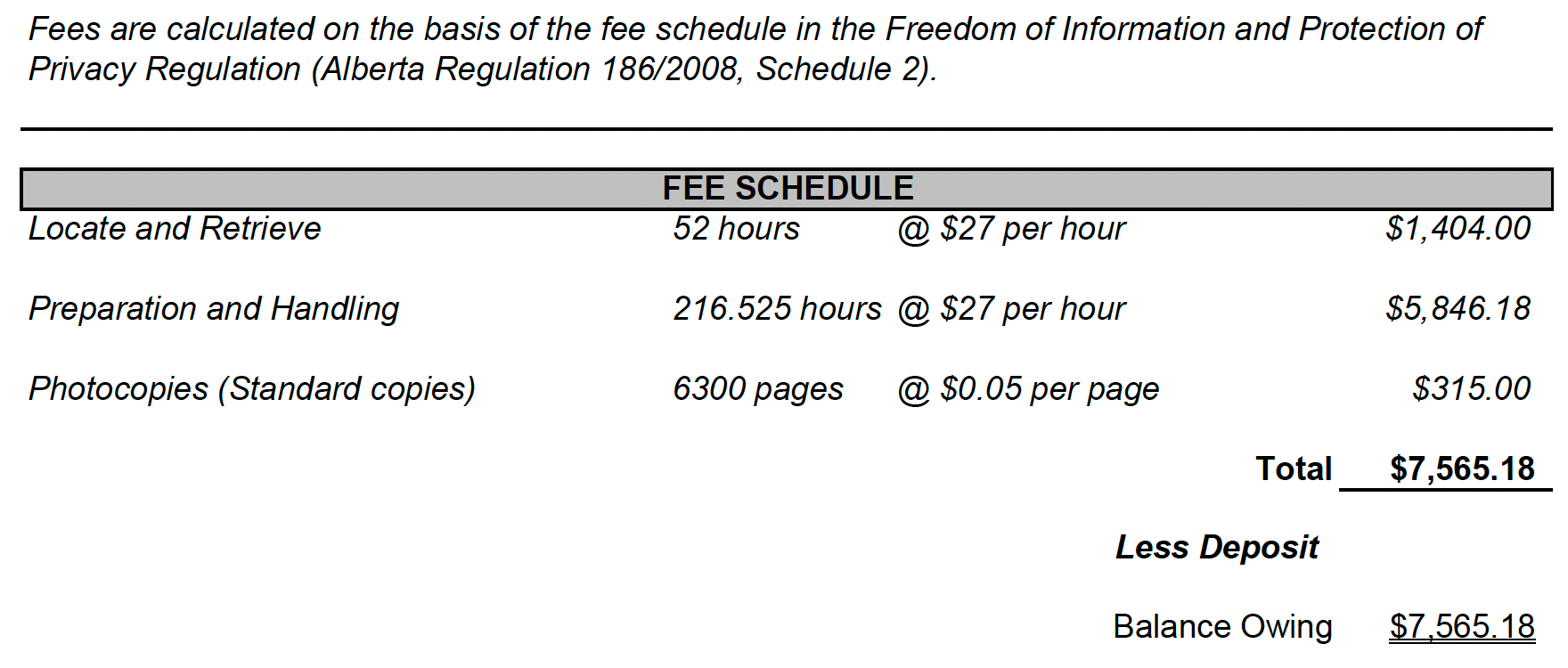
On December 20, the request was reduced to correspondence related to the Recovery Training Institute of Alberta between the Ministry of Mental Health and Addiction and Paul Farnan, Carson McPherson, Paul Sobey or Robert Pearson.
Farnan, McPherson, and Sobey are longtime organizers of Recovery Capital Conference, having formed a large part of the inaugural 2019 Calgary organizing committee, while Pearson is listed on the ROSC Solutions Group website as "Executive Director RTIA."
The FOIP office took an extension to this request and rescheduled the final release to March 6 2024. A final response was provided on that day, denying all 587 pages of records.

"Useless" freedom of information laws
To summarize above, the Alberta government appears to be quietly allocating $22 to $31 million to a private company led by early organizers of Recovery Capital Conference, who are tasked with creating a training institute for the emerging 'recovery' workforce in Alberta that will double as a functional rehab facility.
The contract also provides for integration of addiction services in provincial prisons, expanding the patient pool of the private 'treatment' industry and creating a parallel justification to incarcerate individuals with substance use disorders. This is of particular concern given that the Alberta government's 2024 budget allocates $10 million to "Compassionate Intervention implementation intake and assessment centres." (Recall that 'compassionate intervention' was the Alberta government's 2023 euphemism for forcing adults into addiction treatment. In a rare victory for public backlash, the Compassionate Intervention Act was not advanced in the last legislative session.)

It is as yet unclear where "youth programming" enters the story, but the Ministry of Mental Health and Addiction has been making inroads into schools. Medicine Hat-based Our Collective Journey (OCJ) has been pushing a narrative about the need for school-based recovery since March 2023 or earlier, and is currently partnered with three local school boards to implement recovery coaching in schools. OCJ also received over $800,000 in provincial funding from 2021 to 2022.
And as suggested by Marshall Smith's 2018 strategy document featuring a quote by RSG owner Carson McPherson, Alberta could soon find itself home to segregated 'Recovery High Schools' for youth who use drugs.

The Alberta government's drug strategy relies on secrecy. When documents are obtained through freedom of information requests, they are often redacted to absurdity. But a new strategy may be simply to deny requests. Journalist Charles Rusnell wrote a scathing piece for The Tyee about the Alberta government's weaponization of freedom of information law, describing the "useless" FOIP act and information commissioner’s office "when confronted by an anti-democratic government that withholds information to which the public has a legal right."
The government's withholding of information is fast-tracking recovery capitalists' access to public dollars and their capacity to shore up public favour for policy manoeuvres that financially empower them. Herein lies the value of Recovery Capital Conference: when local dignitaries and provincially funded nonprofits show up to the conference with bells on, they endorse the robbing of public coffers to enrich private treatment providers while thousands die in the streets from structural neglect.
If Marshall Smith has his way, it won't only be forced treatment in place of harm reduction, private 'therapeutic communities' in place of housing, and 'therapeutic living units' in place of freeing drug war prisoners. The Alberta model apparently seeks to funnel people into private addiction treatment from cradle to grave.
Did you catch Recovery Capitalists Part 1: Mobilizing policy through allies?
Drug Data Decoded provides analysis on topics concerning the war on drugs using news sources, publicly available data sets and freedom of information submissions, from which the author draws reasonable opinions. The author is not a journalist.
Have story tips or suggestions?
Send an email!
